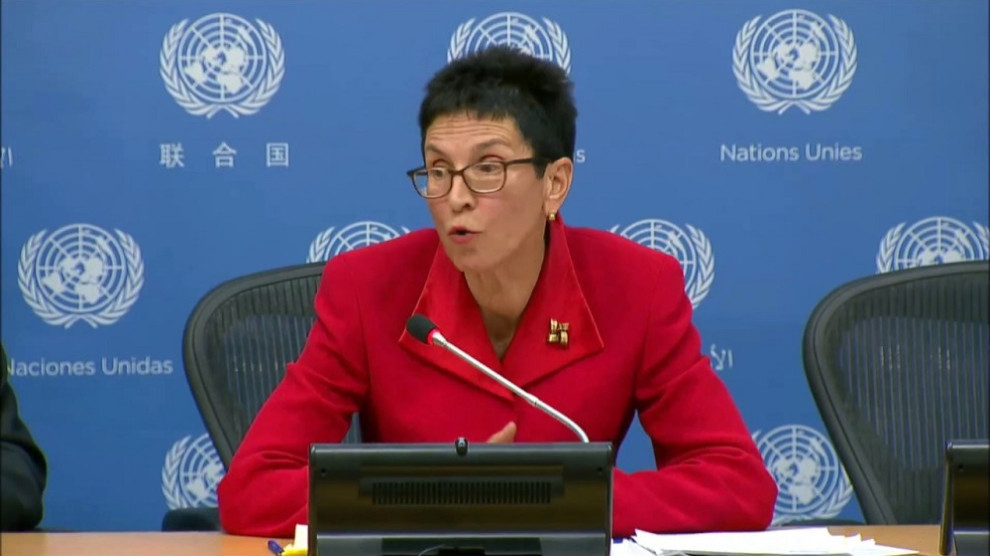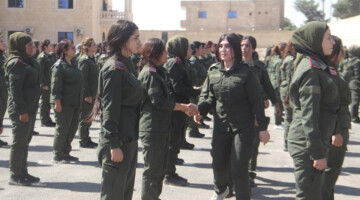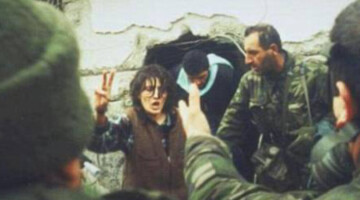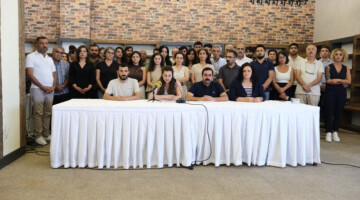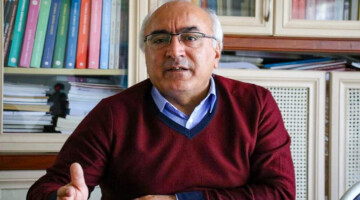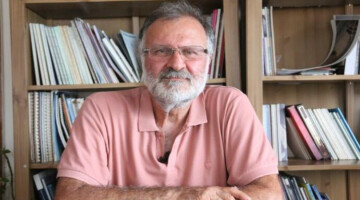Assistant Secretary-General for Humanitarian Affairs, Ursula Mueller, said that "almost 180,000 people, including close to 80,000 children, have fled south from the border areas between Turkey and Syria."
Mueller added: "The Secretary-General has expressed his grave concerns about the escalation of the conflict in the northeast and emphasized that any military operation must fully respect international law, including the UN Charter and international humanitarian law.
Civilians and civilian infrastructure must be protected. Safe, rapid and unimpeded humanitarian access must be allowed so that the United Nations and other humanitarian organizations can carry out their critical work."
Mueller continued: "Since the beginning of military operation by the Turkish Armed Forces and allied non-state armed groups in north-east Syria earlier this month, the Office of the High Commissioner for Human Rights has received concerning reports of civilian casualties and damage to critical civilian infrastructure. The military operation has severely impacted the humanitarian situation. The UN has received assurances from the Government of Turkey that every effort is being made to ensure the protection of civilians and of the infrastructure they rely on."
The hostilities have triggered large population movements. Mueller said that "in the last two weeks, almost 180,000 people, including close to 80,000 children, have fled south from the border areas between Turkey and Syria. People must be allowed to seek safety and move freely. Most are sheltering with friends and family, others are in displacement camps or collective shelters."
Mueller also said that "the latest surge in hostilities in north-east Syria compounds an already dire humanitarian situation" and added that "of the 3 million people in the northeast, 1.8 million were already in need of some form of humanitarian assistance even before recent developments; about 710,000 were displaced. Prior to the escalation, the United Nations and its partners were reaching 1.25 million people on average every month with life-saving assistance, such as food, shelter, water, sanitation, hygiene and health care, on average every month."
To meet immediate needs, the United Nations has since 9 October provided food to more than 286,000 people across Al-Hassakeh and Ar-Raqqa governorates, as well as 10 tons of medicine to Qamishli national hospital. Winter supplies are being provided to the most vulnerable. Safe water, sanitation and hygiene efforts continue, and a polio campaign is ongoing with the support of the UN Children’s Fund. The UN Refugee Agency, together with the International Organization for Migration, is supporting people arriving in Iraq with shelter, core relief items and protection services.
The World Food Programme is ensuring there is food on hand for about 500,000 people for one month. In Qamishlo, the World Health Organization has pre-positioned 314,000 medical treatments, including trauma kits, that will be distributed to medical facilities in the area.
Mueller also addressed the issue of Al Hol camp, where ISIS families are setteled. "We have provided regular updates on the situation in the camp where about 68,600 people reside; 94 per cent of them women and children, and 55 per cent of the children are under 12 years of age. Their situation is desperate. As the Secretary-General has noted, Member States have the primary responsibility for their own nationals, and policies and actions that lead to statelessness should be avoided."

